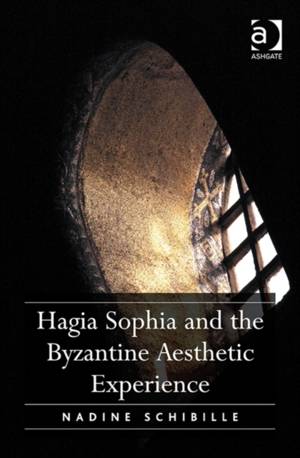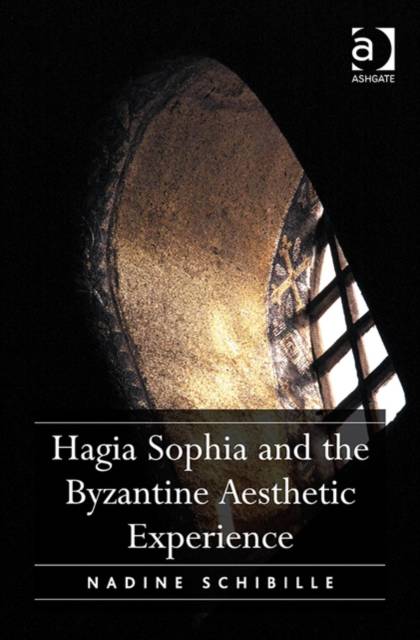
- Retrait gratuit dans votre magasin Club
- 7.000.000 titres dans notre catalogue
- Payer en toute sécurité
- Toujours un magasin près de chez vous
- Retrait gratuit dans votre magasin Club
- 7.000.0000 titres dans notre catalogue
- Payer en toute sécurité
- Toujours un magasin près de chez vous
162,45 €
+ 324 points
Description
Paramount in the shaping of early Byzantine identity was the construction of the church of Hagia Sophia in Constantinople (532-537 CE). This book examines the edifice from the perspective of aesthetics to define the concept of beauty and the meaning of art in early Byzantium. Byzantine aesthetic thought is re-evaluated against late antique Neoplatonism and the writings of Pseudo-Dionysius that offer fundamental paradigms for the late antique attitude towards art and beauty. These metaphysical concepts of aesthetics are ultimately grounded in experiences of sensation and perception, and reflect the ways in which the world and reality were perceived and grasped, signifying the cultural identity of early Byzantium. There are different types of aesthetic data, those present in the aesthetic object and those found in aesthetic responses to the object. This study looks at the aesthetic data embodied in the sixth-century architectural structure and interior decoration of Hagia Sophia as well as in literary responses (ekphrasis) to the building. The purpose of the Byzantine ekphrasis was to convey by verbal means the same effects that the artefact itself would have caused. A literary analysis of these rhetorical descriptions recaptures the Byzantine perception and expectations, and at the same time reveals the cognitive processes triggered by the Great Church. The central aesthetic feature that emerges from sixth-century ekphraseis of Hagia Sophia is that of light. Light is described as the decisive element in the experience of the sacred space and light is simultaneously associated with the notion of wisdom. It is argued that the concepts of light and wisdom are interwoven programmatic elements that underlie the unique architecture and non-figurative decoration of Hagia Sophia. A similar concern for the phenomenon of light and its epistemological dimension is reflected in other contemporary monuments, testifying to the pervasiveness of these aesthetic values in early Byzantium.
Spécifications
Parties prenantes
- Auteur(s) :
- Editeur:
Contenu
- Nombre de pages :
- 320
- Langue:
- Anglais
Caractéristiques
- EAN:
- 9781472437587
- Date de parution :
- 28-09-14
- Format:
- Livre relié
- Format numérique:
- Genaaid
- Dimensions :
- 155 mm x 236 mm
- Poids :
- 589 g

Les avis
Nous publions uniquement les avis qui respectent les conditions requises. Consultez nos conditions pour les avis.






